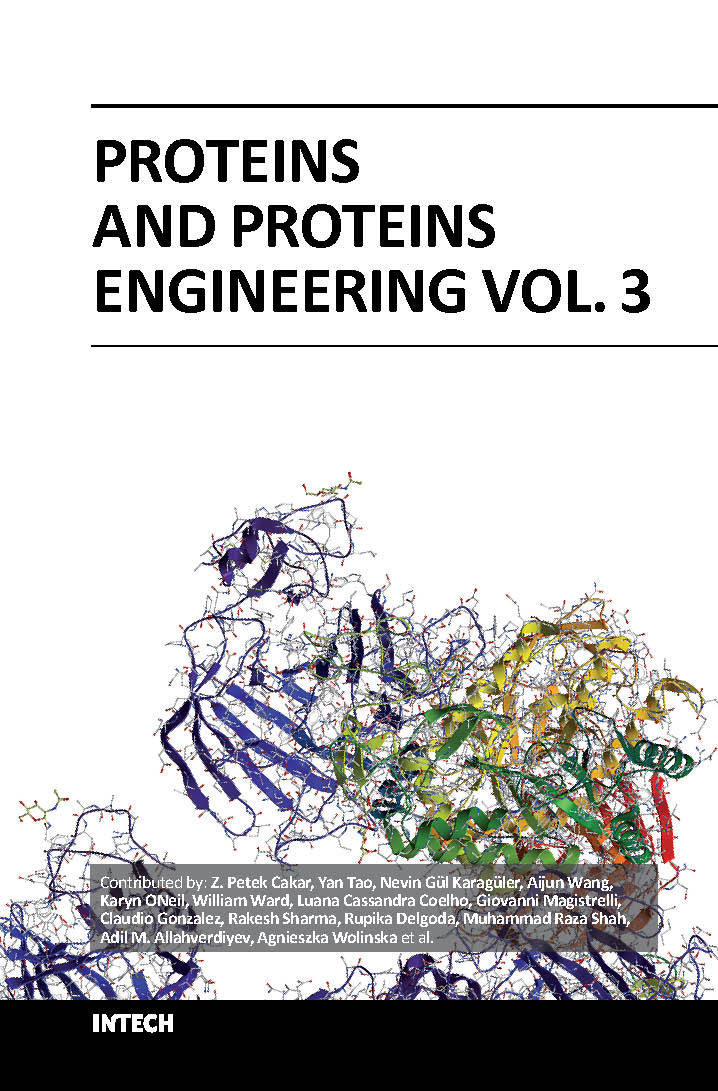This is the last of three volumes on proteins and protein engineering.
Protein engineering - the design of new proteins/enzymes - is a relatively new field, but an extremely promising one. As an area of study, it will expand greatly as we come to understand more about protein folding, protein-protein interactions and protein recognition.
This book is a compilation of over fifty chapters, some describing the basic methodologies of protein engineering: rational design, peptidomimetics, in vitro protein evolution systems and computational methods, together with their advantages and limitations. In addition, the book will discuss purification techniques such as affinity chromatography and expression vectors, and the use of spectroscopic tools and in vivo imaging techniques for studying protein-protein interactions.
In addition to giving a broad overview, the book will also discuss specific aspects and applications of protein engineering including specific proteins with biological activity; protein engineering with non-natural amino acids; protein reactions as markers for disease; the mechanisms and applications of enzyme inhibition; and new approaches to protein engineering involving the reconstruction of ancestral mutants.
This book is essential reading not only for students who are learning about protein engineering, but also for researchers in all relevant disciplines who wish to discover more about emerging applications and technologies in this dynamic field.
| Specifications |
Descriptions |
| ISBN |
9789535116943 |
| Year |
2016 |
| Binding |
Hardcover |
| Subject |
Biochemistry |
| Pages |
394 |
| Weight |
0.4 |
| Readership |
NA |



.png)